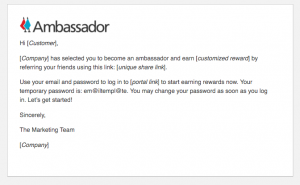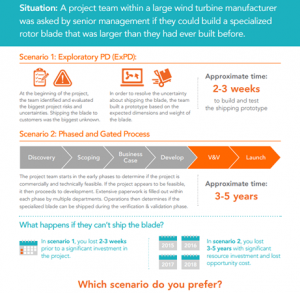— August 5, 2019
78% of businesses have reported attempted or actual B2B payments fraud last year (rising steadily since 2013), and international fraud has risen 136% in the last two years. While nearly half of payment fraud is linked to paper checks and manual processes, emerging digital payment methods are equally vulnerable, prompting banks and businesses to seek out faster and more transparent ways to settle transactions.
Blockchain technology is increasingly gaining traction among banks, lenders, fintechs and merchants. 35% of B2B buyers and suppliers are interested in blockchain-based payment networks and 26% believe blockchain is the “preeminent payment technology of the future.”
IDC predicts that by 2020, 25% of banks, manufacturers and retailers will leverage blockchain networks in some way, and by 2021, at least 25% of the world’s top organizations will use blockchain as a foundation for digital trust and data security. And by 2023, blockchain networks will facilitate over $ 60B in cross-border payments.
How blockchain for B2B payments works
Blockchain’s foundation is distributed ledger technology (DLT). Transactions are distributed, with records verified by a network of computers versus by one party or bank, and visible to all parties versus held in a central database. They’re also immutable as once recorded, they cannot be altered, reversed or tampered with.
When a buyer or seller submits payment information to the chain, a digital “block” is created and distributed to the network. Multiple computers compete to unscramble the block, and the first to successfully do so shares it with the network for verification. Verification includes confirming funds are available, sender and receiver are reputable, and the request is legitimate.
Once verified, the transaction is authorized and posted to the ledger and designated parties are updated in real time.
Blockchain benefits for B2B payments
Proactive fraud prevention
The public, distributed ledger serves as a “single source of truth” for both buyers and suppliers. While blockchain may not eliminate the need for outside verification agencies reduces settlement risk and makes it easier to track down fraudulent activities.
Prevent “false positives”
For AR and AP departments, tighter fraud controls can lead to more false positives, increasing card declines for good accounts, delays in invoice processing, and can hurt the buyer-supplier relationship. Blockchain’s network-based verification and immutable record recognizes more good transactions and fosters trust between parties.
Faster settlement
Blockchain cuts central banks out of the process, dramatically speeding up settlement. Unlike banks, which can take up to five business days for cross-border transactions, the 24/7 availability of the network supports real-time to next-day fund transfer.
Blockchain’s transparency and automation also save both suppliers and buyers the manual processes of phoning or emailing each other and updating their respective records in multiple systems.
Frictionless payments
The ability to place one-touch orders directly from equipment and sensors on the job site, within a manufacturing plant or even operating room is an emerging opportunity in B2B. The “smart contract” property of blockchain supports automated device-to-device transactions when certain conditions are met, cutting out traditional invoicing and payment processes entirely.
Integrated with payment networks and headless commerce applications, smart contracts and IoT may be the future of replenishment and other micro-transactions between B2B buyers and sellers. Pricing and payment terms are set into the smart contract, with buyer and seller notified of each transaction upon execution and pushed back to their respective systems of record.
How banks are already banking on blockchain
House crypto
Despite most large banks taking an anti-Bitcoin stance, proprietary cryptocurrencies may be the next trend. JP Morgan Chase is currently piloting JPM Coin with a small set of clients. With JPM’s wholesale payments topping $ 6 trillion every day (through wire transfers that take days to process and complete), JPM Coin could offer significant speed, cost and service advantages to B2B customers.
Open APIs
Visa, MasterCard and Amex are in an arms race to patent and ship new blockchain payment technologies. Their open APIs such as Visa’s B2B Connect allow fintechs and other financial institutions to build custom solutions and payment integrations on top of their respective blockchain infrastructure, including smart contracts and expedited payment settlement to enhance their B2B services.
The B2B blockchain challenge…and the future
While banks and fintechs are wasting no time embracing blockchain, the challenge for B2B merchants remains a steep barrier to entry. Skilled blockchain developers are in high demand and low supply, and running and maintaining distributed ledgers requires hefty computing power.
We can expect that, as the blockchain market matures, banks and fintechs will open their infrastructure and APIs to third-party developers, including B2B merchants. Technology vendors may also begin to integrate blockchain technologies into their commerce solutions.
Business & Finance Articles on Business 2 Community
(13)






